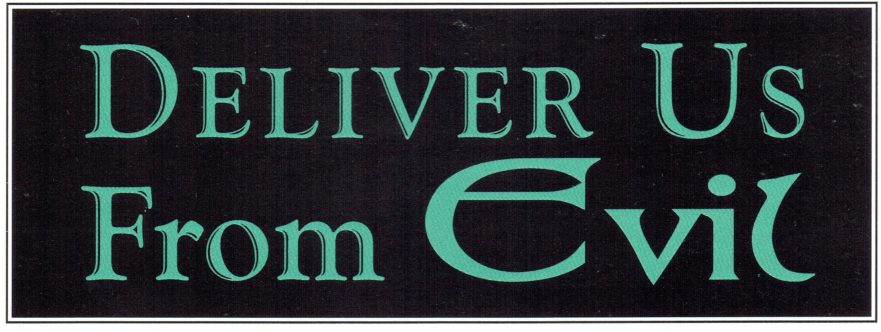Just as good poetry can convey multiple allusions, so “Deliver us from evil” can carry a variety of notions of protection from doing and experiencing evil.
Were Women Segregated in the Ancient Synagogue?
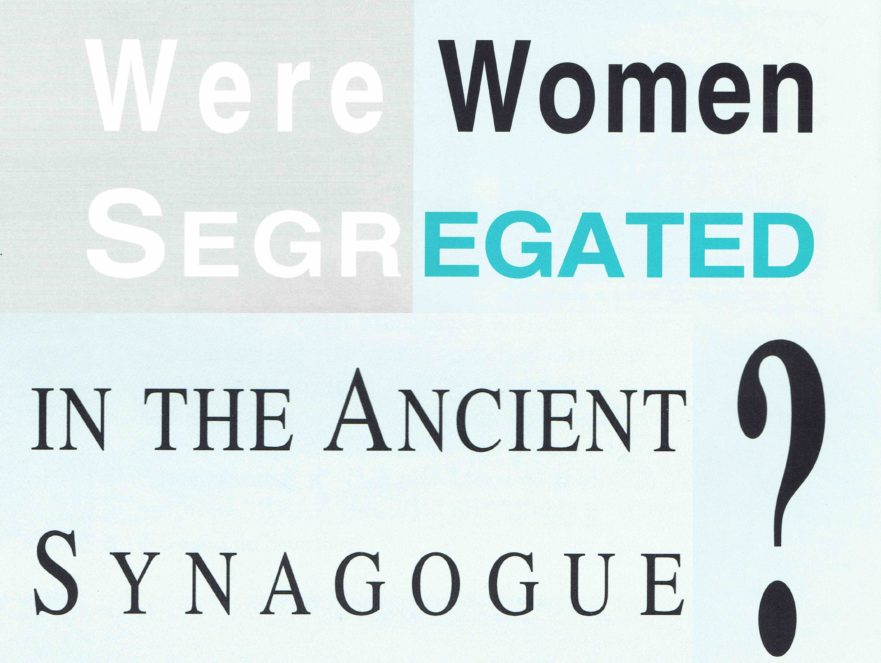
Did women play a passive role in the synagogue congregations of antiquity? Were they separated from male members of the congregation during prayer and study, as is the case today? According to Professor Shmuel Safrai, the answer to both questions is a resounding “No.”
Is the Sage Worth His Salt?

The Gospels record that questions were sometimes put to the sage Jesus of Nazareth in order to “test” him. According to Joseph Frankovic, the questioner’s intent may not always have been hostile.
Jesus’ Twin Parables
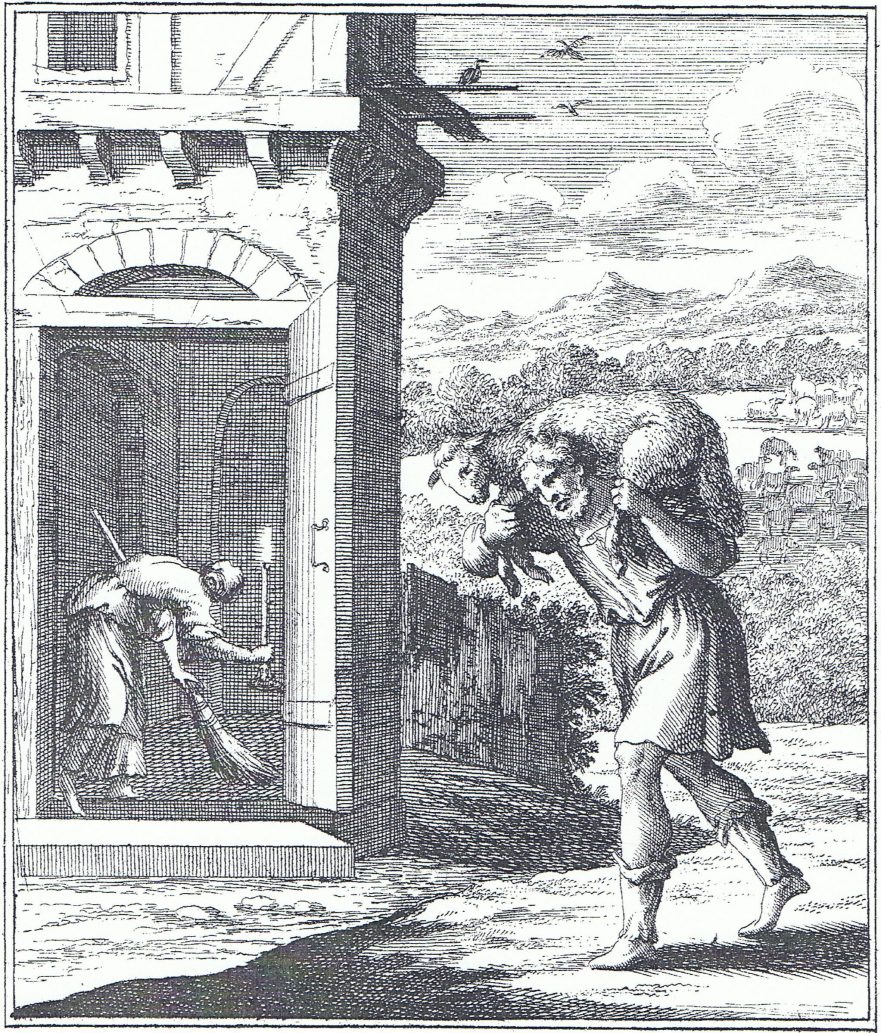
Conducting research on the Gospels, the late Robert L. Lindsey discovered Jesus’ teaching format: incident, teaching discourse and two concluding parables. In this article he discusses Jesus’ double parables.
The Place of Women in First-century Synagogues
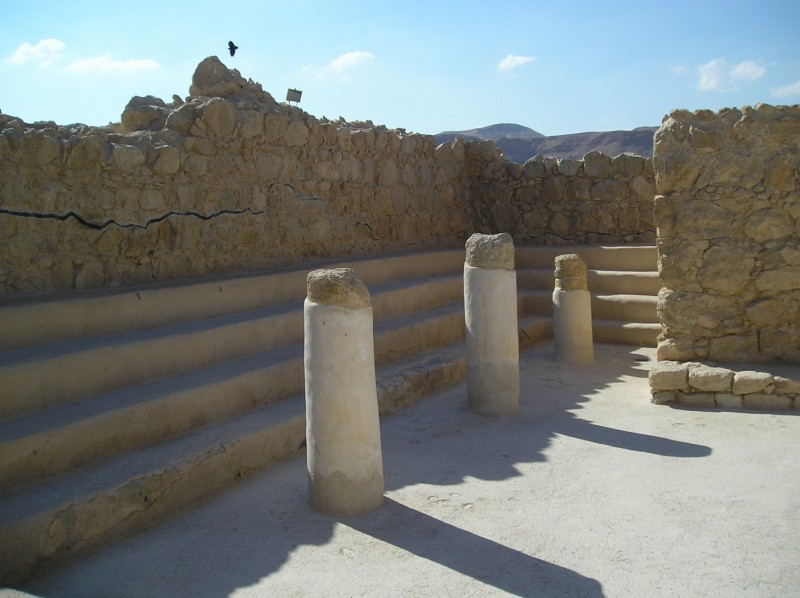
Today, public worship can take place in a synagogue only if at least ten adult Jewish males are present. Women do not qualify as part of this quorum. Furthermore, women are separated from men within the synagogue: women worship in an ezrat nashim, a balcony, or section with a divider, located beside or behind the men’s section. Things were considerably different in Jesus’ day.
Prayers for Emergencies
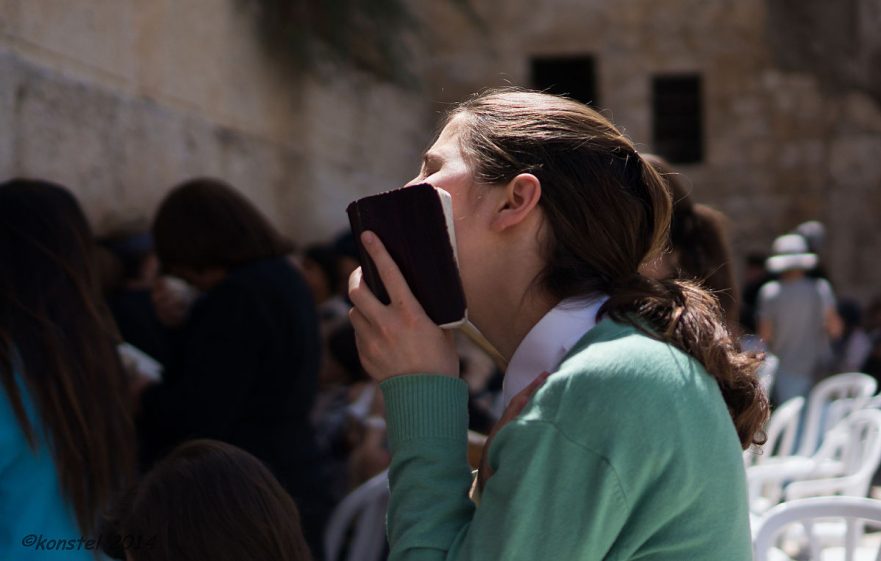
One of the many results of synoptic research is the discovery of parallels between the sayings of Jesus and those of other Jewish sages. A knowledge of these parallels can provide added insight into what Jesus was teaching.
“Jehovah”: A Christian Misunderstanding

In any attempt to understand the Bible, there is no substitute for a knowledge of ancient Jewish custom and practice. For example, the term “Jehovah,” which is found in many Christian translations of the Bible, originated due to Christian lack of awareness of Jewish custom.
The Shema in Early Jewish Teaching

“Hear, O Israel: The Lord our God, the Lord is one” (Deut. 6:4), known as the Shema, is a foundational teaching of both Judaism and Jesus.
Literary Languages in the Time of Jesus
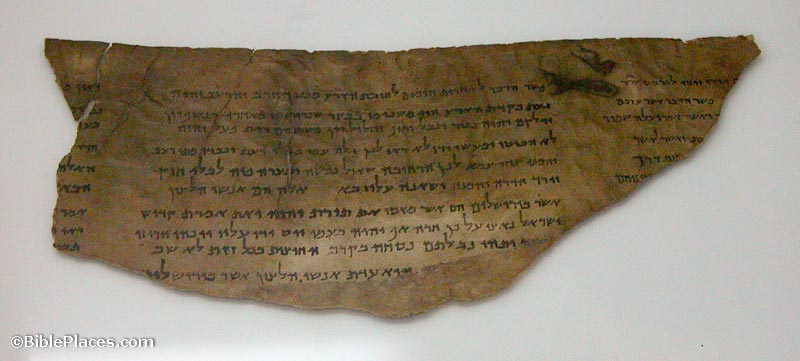
Not only was Hebrew the most prevalent spoken language in the land of Israel during the first century, it was also the language in which most literary works were written.
What Is the Priest Doing? Common Sense and Culture
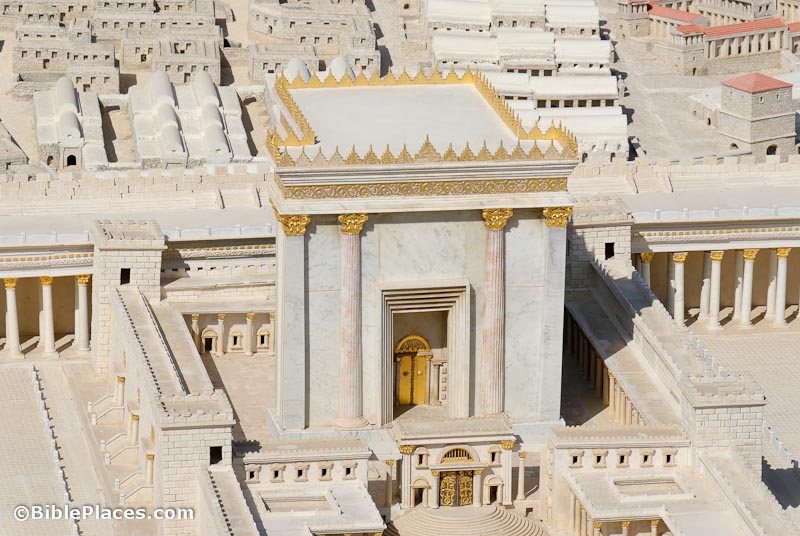
Common sense is connected to cultural expectations. What is understandable in one culture may be opaque in another.
Spoken Languages in the Time of Jesus

Professor Safrai presents an overview of the three languages used in the land of Israel during the days of Jesus, and concludes that Hebrew was the primary language spoken by the Jewish residents at that time.
Naming John the Baptist

The naming of a child at his circumcision ceremony, as presented in Luke 1, is also mentioned in Luke 2:21 regarding the naming of Jesus. In fact, naming a child during the circumcision ceremony is still accepted Jewish practice. The naming rite includes a prayer for the child’s well-being.
The Lord’s Prayer 10: A Hebrew Reconstruction
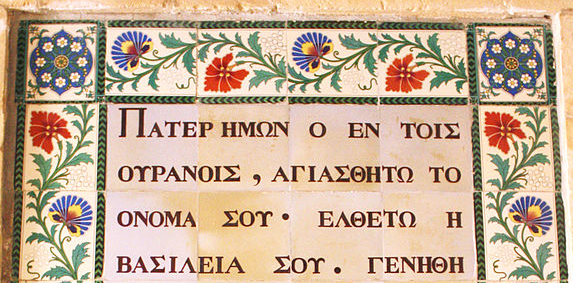
As a summary of Dr. Bradford Young’s series on the rabbinic background to the Lord’s Prayer, we present his English transliteration of the conjectured Hebrew original and its English translation.
Zechariah’s Prestigious Task
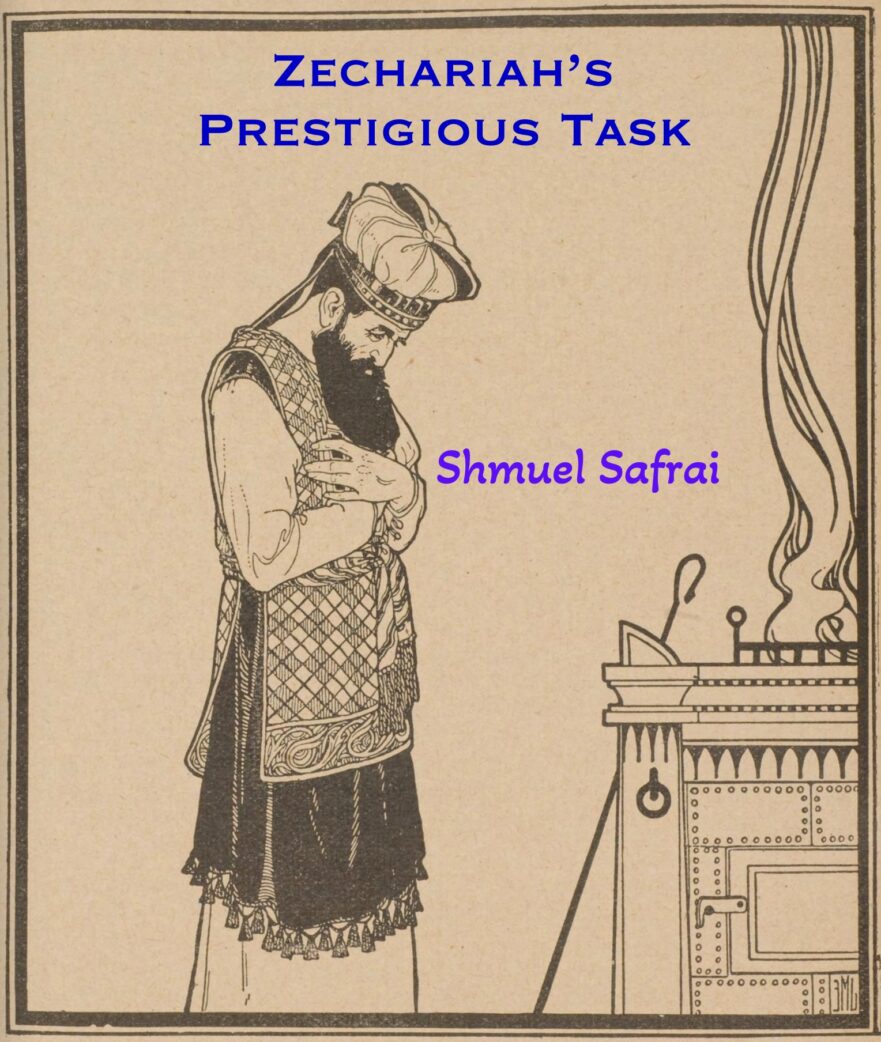
It was not unknown for a priest to see a vision or hear a heavenly voice in the sanctuary at the time of the incense offering. Josephus relates that while the high priest and ruler John Hyrcanus was offering incense in the sanctuary, he heard a voice proclaiming that his sons had just defeated the Syrian king Antiochus (Antiq. 13:282).
The Lord’s Prayer 9: “Lead Us Not Into Temptation”

It is difficult to grasp the full impact of the Lord’s Prayer without an appreciation of its Jewish background. Today’s Christians have quite a different understanding of prayer, Scripture and faith than a Jewish teacher like Jesus. One easily can miss the great depth of Jesus’ message.
The Lord’s Prayer 8: “Forgive Us Our Debts”

Forgiveness is one of the main emphases in Jesus’ teaching. It is no wonder, then, that forgiveness is part of the short prayer that Jesus taught his disciples.
The Lord’s Prayer 7: “Give Us This Day Our Daily Bread”

The deceptively simple petition from Matthew 6:11, “Give us this day our daily bread,” has been a matter of controversy for centuries. The unusual Greek word epiousion, which is translated “daily,” is the root of the controversy. Some scholars have suggested that the original phrase contained the similar-sounding Greek word epeimi, (the next), and so meant “bread for the next day.” Nevertheless, the Latin translation of the New Testament understood the word as meaning bread needed for sustenance.
The Lord’s Prayer 6: “Thy Will Be Done”

We noted in a previous article that “Thy will be done” parallels “Thy Kingdom come.” Both phrases mean, “May you continue establishing your Kingship.” Jesus does not instruct his disciples to pray “if it is your will.” It is within God’s purpose that all men should repent and become a part of God’s reign. “May your will be accomplished” is a strong affirmative appeal.

